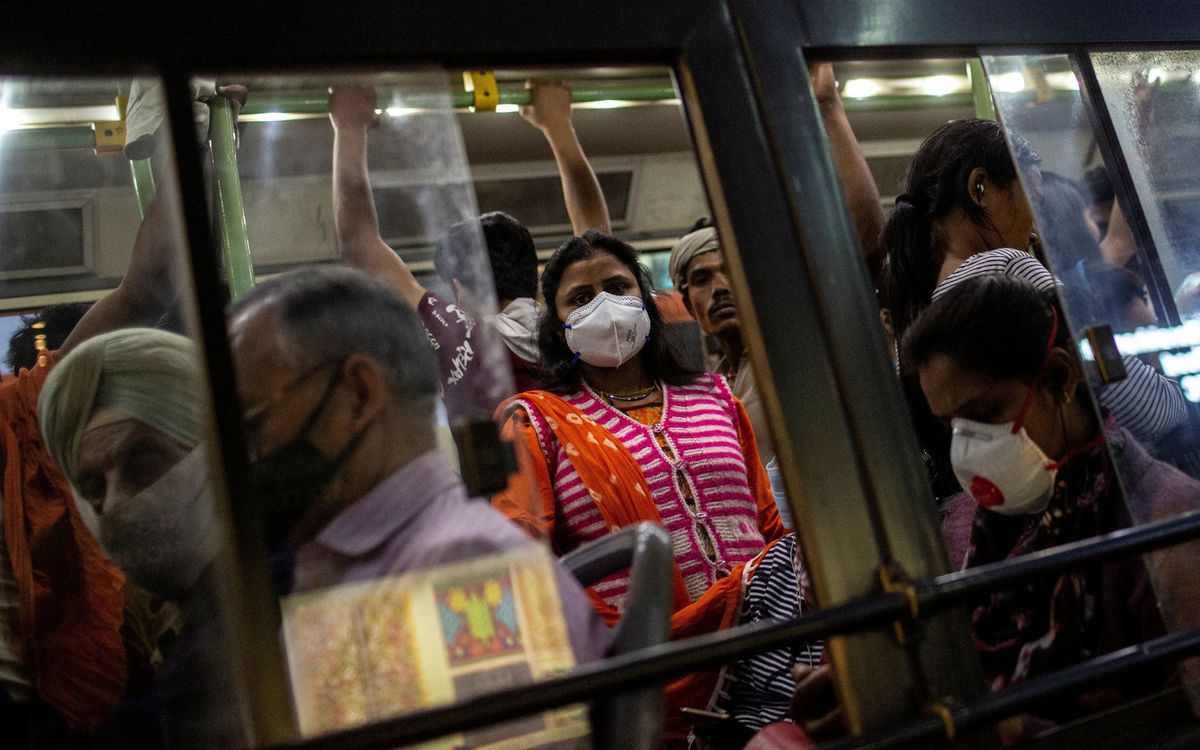Read our roundup of COVID-19 themes and stories from around the globe.
India is way behind on testing – With the number of confirmed COVID-19 cases surpassing 250,000 globally, the World Health Organization has sent a clear message to countries around the world: "test, test, test." But to date, only 14,000 of the 1.4 billion people living in India have been tested, one of the lowest rates in the world. The government's official position is that the disease hasn't yet spread communally – but how can they know without testing? Medical experts say India is worried that its feeble healthcare infrastructure would collapse under the strain of on-demand testing. The country spends just 1.28 percent of GDP on healthcare, has only eight doctors per 10,000 people, and has few ventilators. Partial lockdowns in many Indian cities have already begun, but without broader measures and better testing, virologists warn that India, one of the most densely populated countries in the world, is about two weeks behind the infection rates in Italy and Spain.
The world's fifth largest economy is closed – Late yesterday, the world's fifth largest economy closed for business, ordering some 40 million people to go into lockdown. We're not talking about Germany or Japan here, but California, America's most populous state, with an economy bigger than India's and 50 percent larger than Italy's. All non-essential businesses in the state are now closed, and residents can leave their homes only for essential purposes like going to the grocery store or seeing a doctor. California is one of the world's biggest economies to implement a lockdown of this kind, and with up to 80,000 Californians now applying for unemployment every day, the move could hasten the United States' slide into recession. Meanwhile, New York State – no slouch with an economy the size of Canada's – implemented a similar directive today, as the state's caseload steadily creeps towards 8,000, making it the country's coronavirus epicentre.
One silver (greenish) lining for all of this – No, dolphins and swans have not suddenly re-appeared in the canals of Venice. If you saw that story and shared it, you – like us at first – were duped by another vector of misinformation that has gone viral about coronavirus. But what is true is that the increasingly polluted (and rising) waters of Venice are a lot cleaner now, because Italy's lockdown is keeping the city's boats docked. And it's not just Venice. Coronavirus-related economic shutdowns are reducing air pollution across the globe. NASA satellites have captured a visible decrease in air pollution over Wuhan, China, and northern Italy in recent weeks. In New York City, meanwhile, carbon monoxide emissions appear to have fallen by 50 percent in recent days. Global emissions also fell significantly during the global financial crisis ten years ago, only to rocket back up once the economy started humming again. But in the decade since, climate change has emerged as a much more urgent political issue. Will the COVID-19 scourge create an opportunity to change course on global warming? Or will the perceived economic trade-offs of capping emissions seem even more daunting given the economic wreckage that the pandemic is certain to leave behind?

















